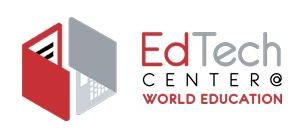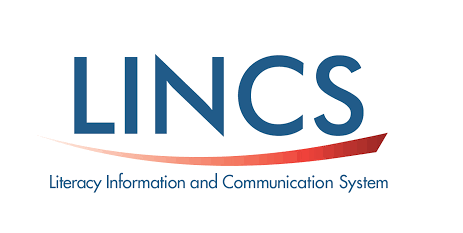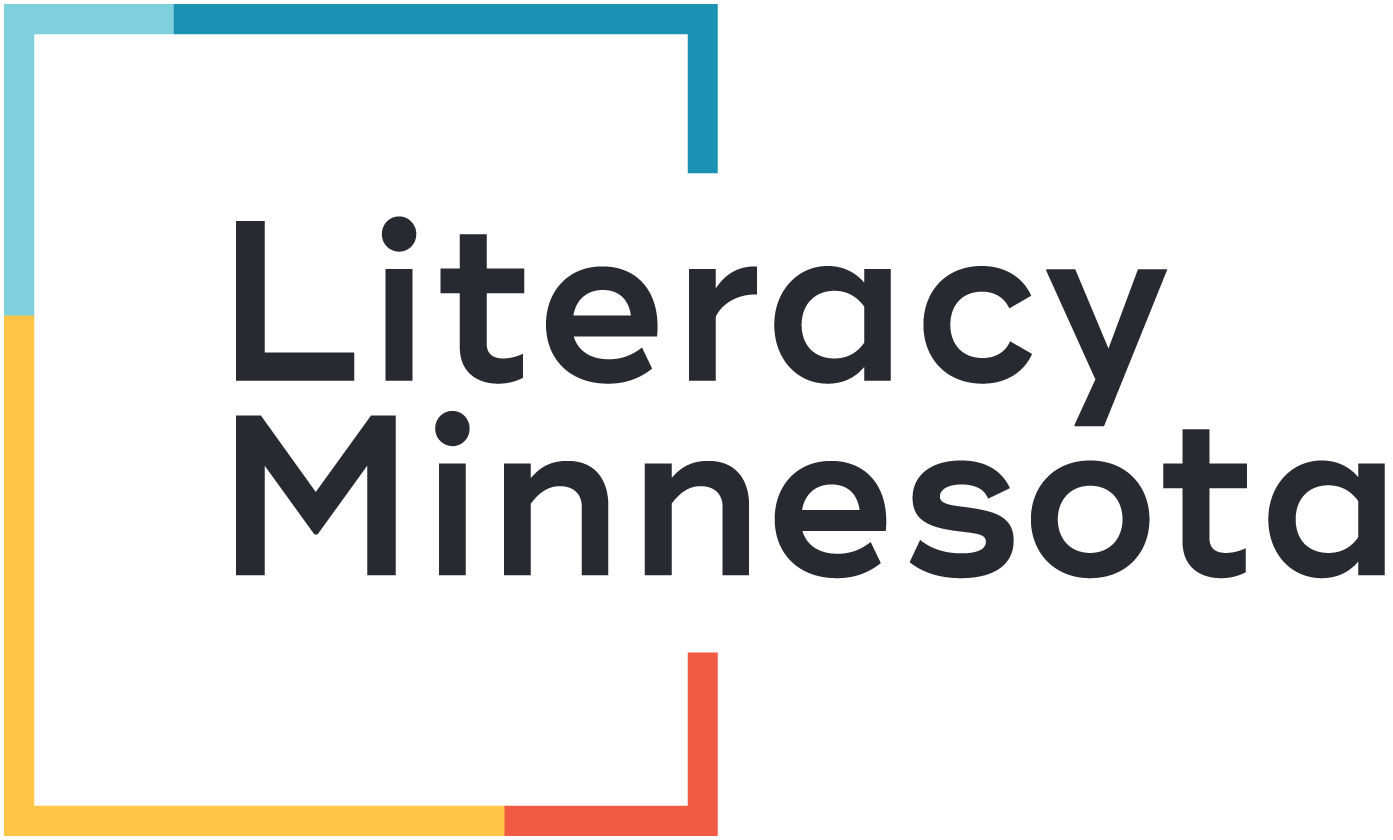
EdTech: Building Relevance and Engagement to Keep Learners Motivated and Moving Forward
This webinar is focused on keeping learners motivated and moving forward. Ann Marie Przybyl of Literacy New York delivers the first lightning talk, sharing strategies for teaching soft skills by Incorporating Workplace Readiness Skills Into Adult Education. Then, James Brown III of Guilford Tech Community College (NC) will share about Using Formative Assessment and Seat […]

